Car Owners' Misconception: Modern Car Engines Heat Up Less Than Retro Cars
We explain why engines in modern cars heat up no less than in old cars.
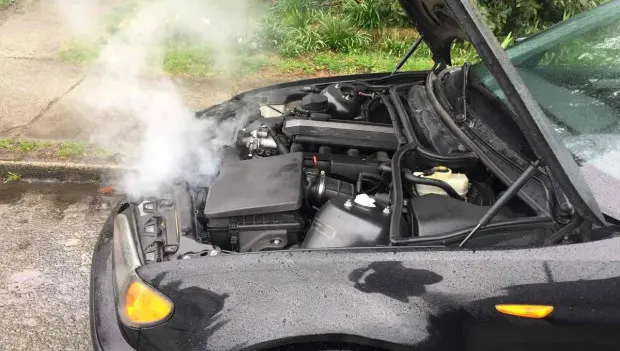
In the past, when engine overheating was mentioned, it usually referred to old Ford or Dodge models. However, the situation has changed, and the associations with this problem have also become different. Today, modern cars also often face overheating due to their design features.
Despite the high build quality of modern cars, engineering solutions aimed at reducing fuel consumption, decreasing harmful emissions, and cutting production costs increase the risk of overheating.
Modern engines have become more compact, but their power has increased thanks to turbocharging. As a result, the working temperature now reaches 115 degrees, whereas it used to be around 90 degrees. This means that modern cars operate on the edge of critical values, and any failure in the cooling system can lead to overheating.
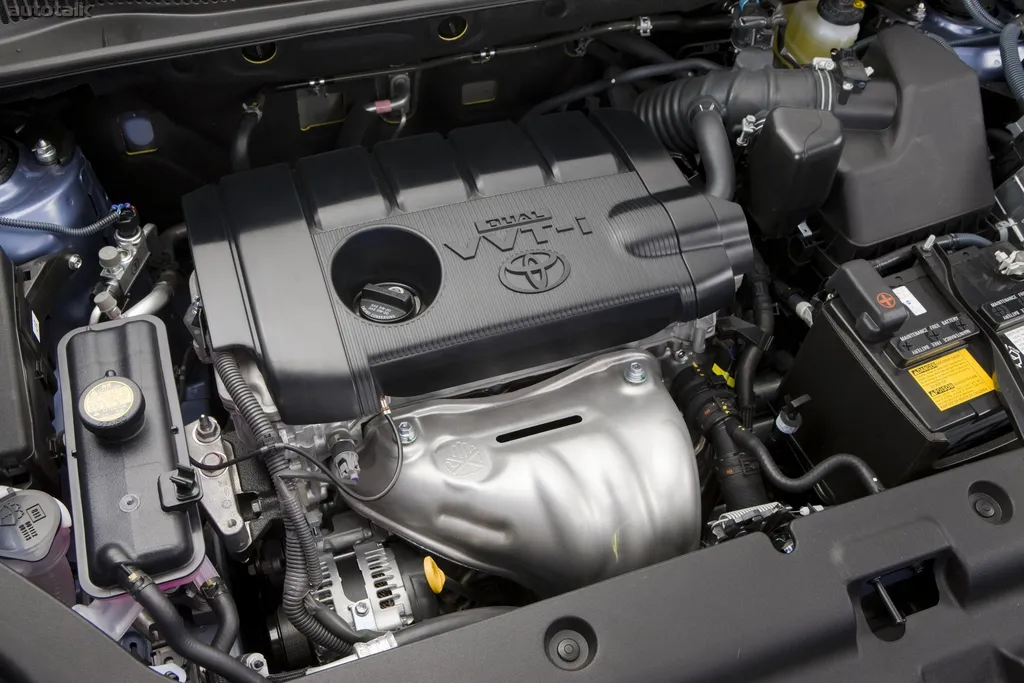
The temperature under the hood is raised not only by the engine: it is influenced by many elements of the cooling system — the air conditioner's radiator, catalytic converter, intercooler, and automatic transmission. Radiators are now often made from light but soft aluminum, which gets damaged quickly and can become clogged with insects over a single summer season.
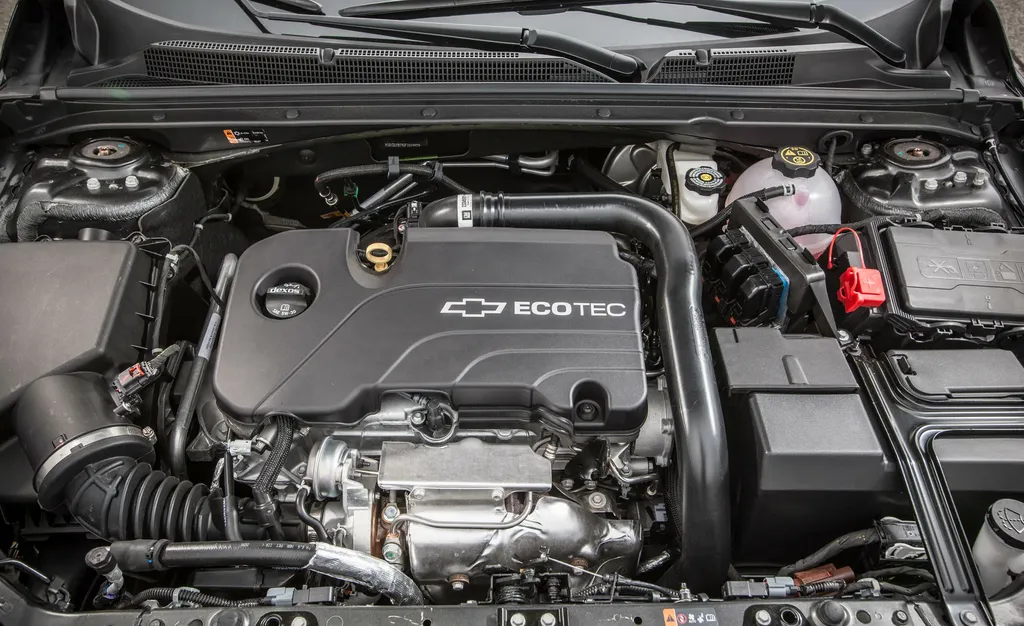
Another important aspect is the reduction of the coolant volume: for instance, the classic 2014 Chevrolet Impala had around 8 liters, while the 2024 Toyota RAV4 has only 4.5 liters with the same engine size. This worsens the efficiency of the cooling system and increases the risk of overheating.
Thus, modern engines are at no less risk of overheating than old models, and the consequences of this can be very costly for the owner.
You may also be interested in the news:
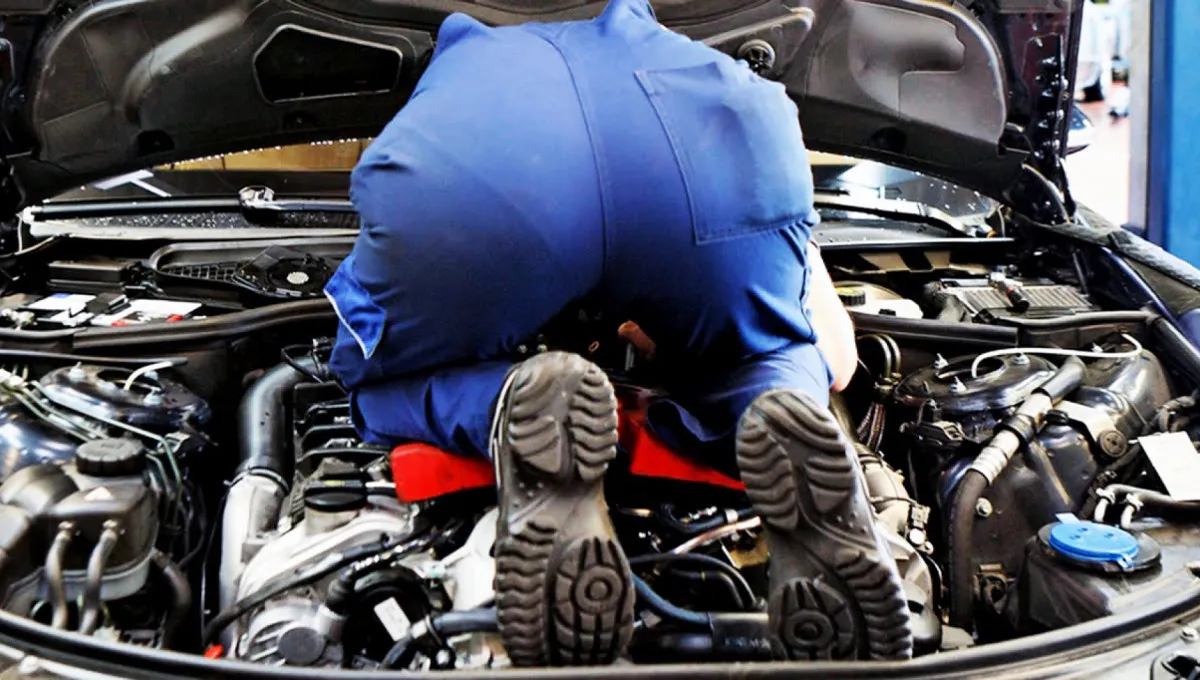
Advice from a Veteran Mechanic to Everyday Mechanics and Drivers: 5 Components to Check First This Spring
As temperatures rise, drivers should pay close attention to vehicles that endured a harsh winter of cold weather, road salt, and extreme temperature swings.

Hidden Threat in Your Wheels: Tire Pressure Sensors Can Be Used to Track Drivers
Every TPMS unit broadcasts a fixed, unique identifier via radio signals.
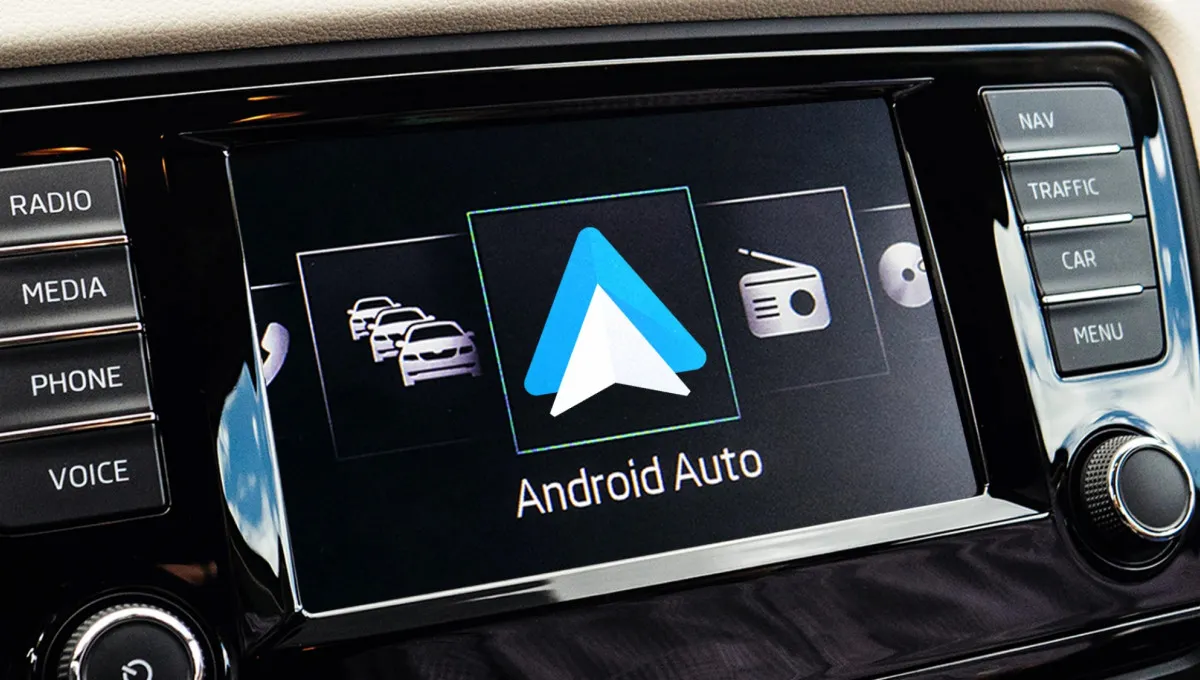
Android Auto 16.3 Is Rolling Out — But Not Everyone Will Get It Right Away
Google is expanding Android Auto’s capabilities with climate control and radio integration.
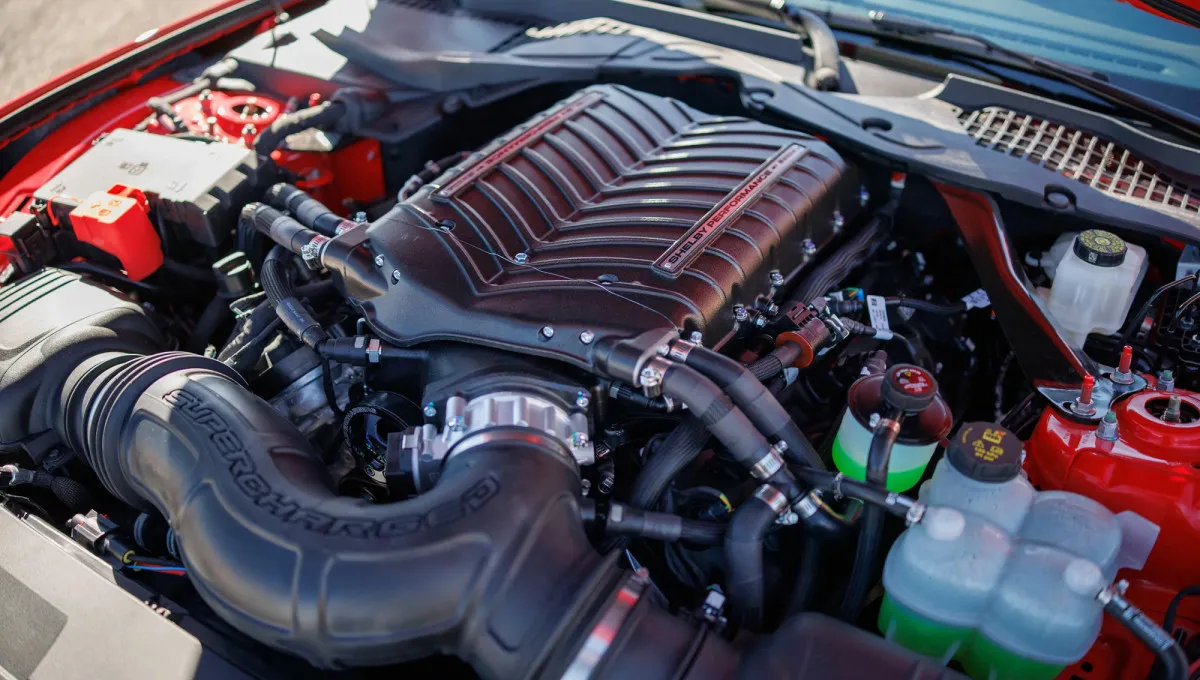
Ford Adds 3.0-Liter Superchargers to V-8 Mustangs and F-150s, Unlocking Up to 810 HP
The factory-backed upgrades run about $10,000, and they’re covered by a 3-year/36,000-mile warranty.
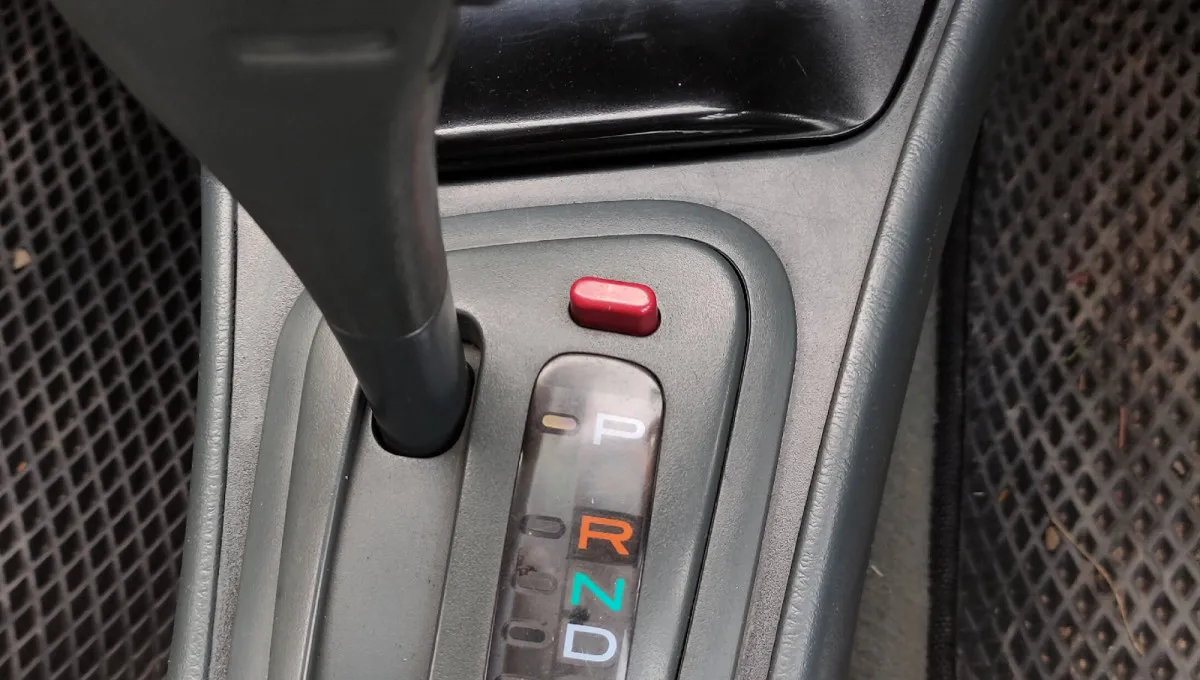
Many Americans Don’t Know This: What’s That Red Button Next to the Shifter For?
A small red button near the automatic gear selector — why was it installed in the first place?